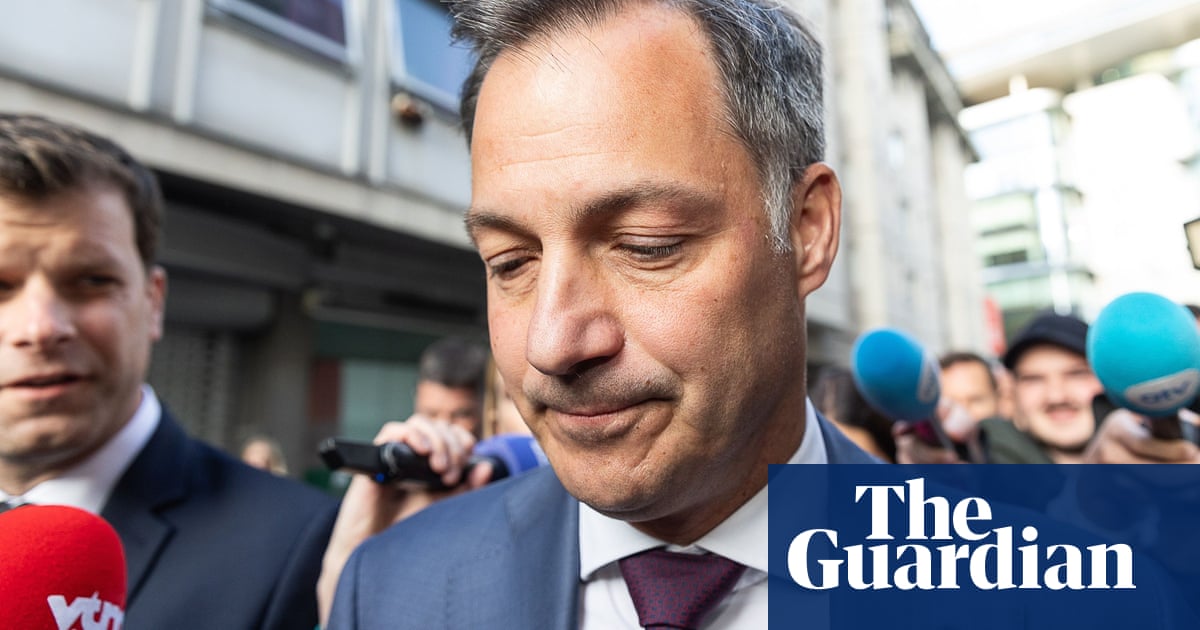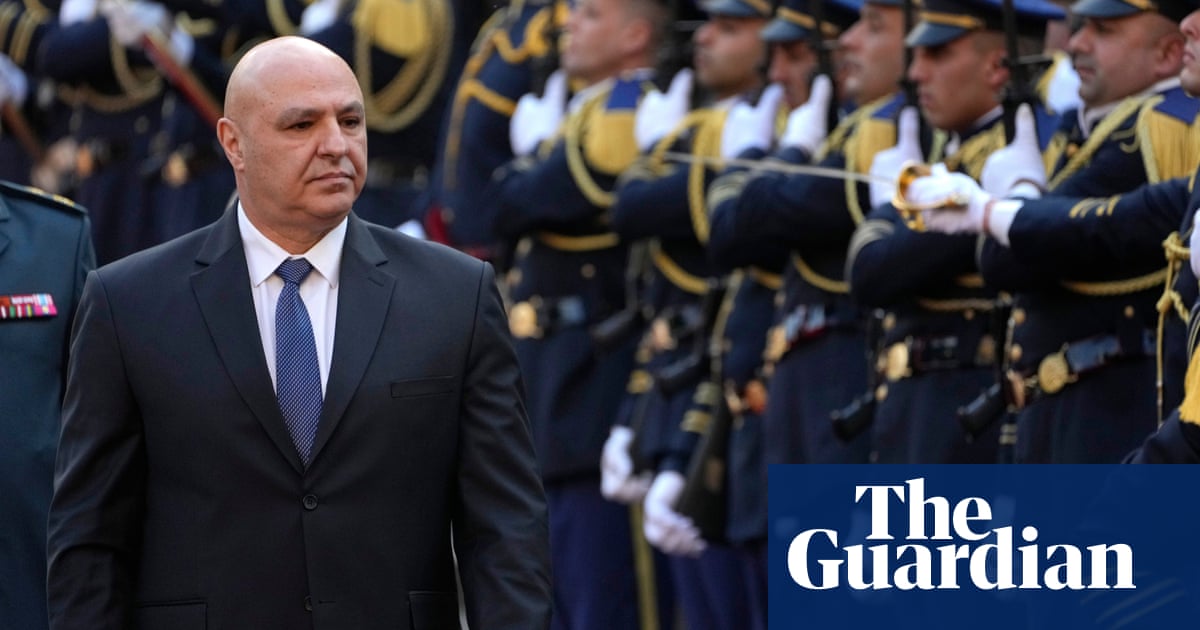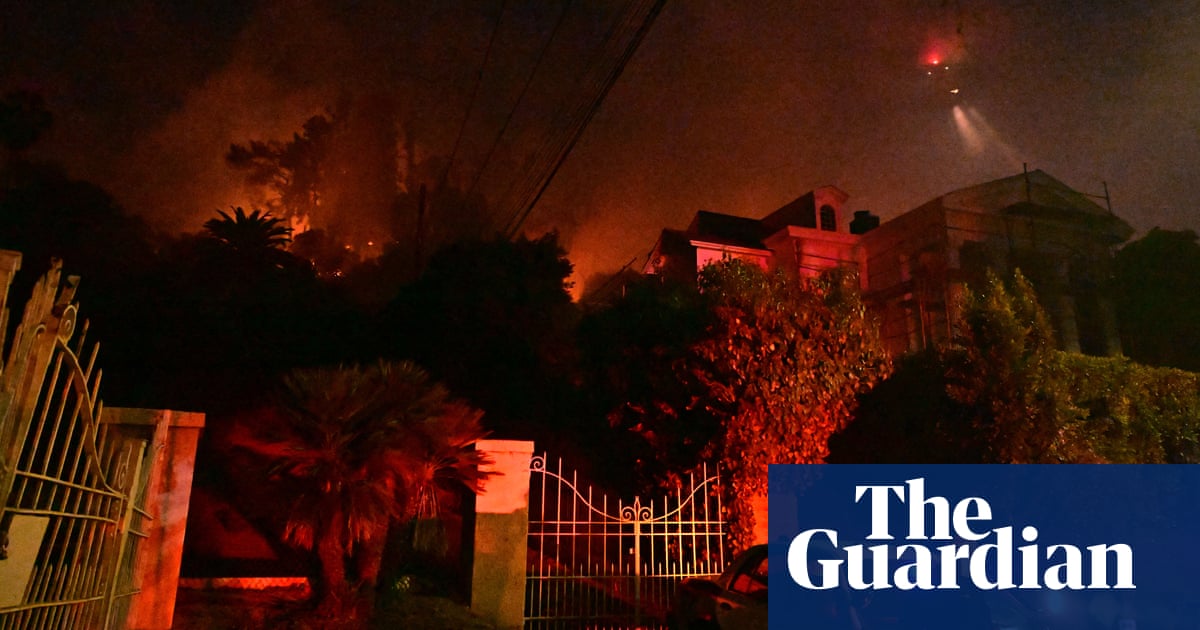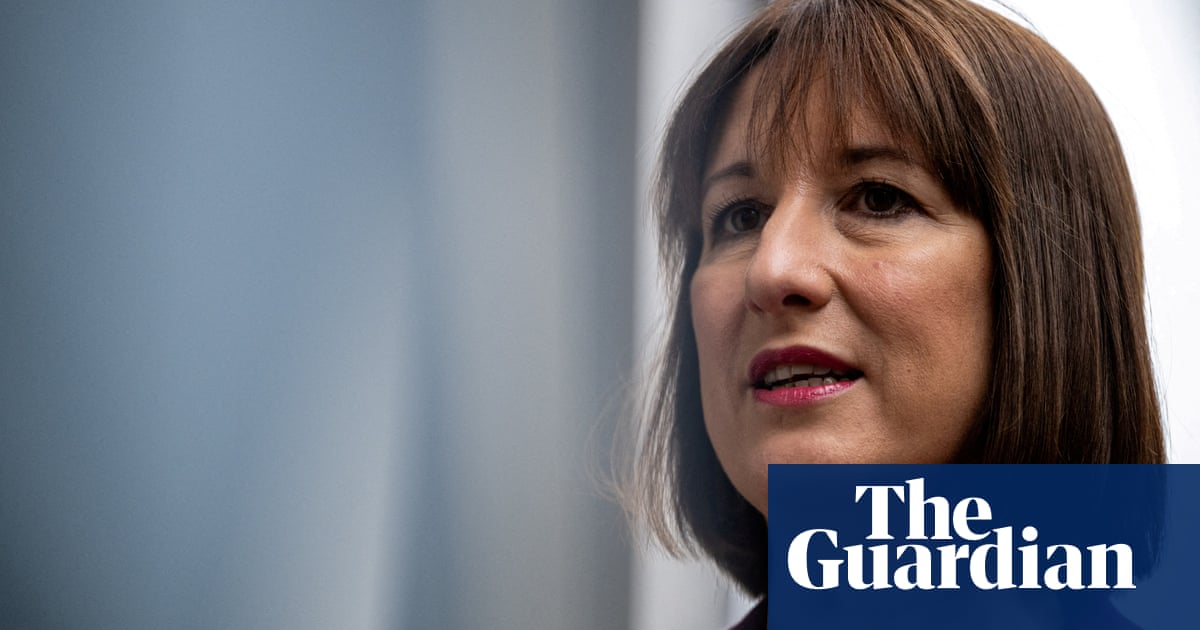With time running out, and most broadcasters running away, FIFA said on Wednesday that it had finally managed to secure a broadcast partner for its inaugural 32-team Club World Cup in the United States next year.
The announcement of a global deal with the London-based streaming company DAZN came just a day before FIFA’s president, Gianni Infantino, who has championed the event, was set to preside over the draw for the monthlong tournament.
While financial details of the agreement have not been announced publicly, DAZN is paying close to $1 billion, according to two people familiar with the deal who spoke on the condition of anonymity because they were not authorized to discuss financial matters. DAZN has also secured an option for future rights for the event. In recent weeks, FIFA told teams and other officials that it expected to raise $800 million in television rights fees, part of the roughly $2 billion it expected the event to generate, a figure most market professionals said was unrealistic.
FIFA initially tried to secure a $1 billion global deal with Apple before the technology company walked away, believing FIFA’s demands, which had already halved in value from Mr. Infantino’s earlier estimates, were too high.
DAZN, a sports media company owned by the Ukraine-born and Russia-raised British billionaire Len Blavatnik, has been growing its footprint in soccer. The company has secured prime rights for major leagues and competitions across Europe and beyond, though it has hemorrhaged considerable amounts of cash along the way. Mr. Blavatnik has invested more than $5 billion since starting DAZN in 2016, and has counted losses in the billions of dollars since then.
The company has cycled through business strategies and chief executive officers. Most recently, it teamed up with Saudi Arabia as the kingdom emerged as one of the biggest investors in global sports. DAZN has become the go-to destination for Saudi sports properties including tennis, boxing and domestic soccer, raising speculation that the partnership may soon lead to direct Saudi investment in DAZN as the kingdom looks to build a sports network of its own. FIFA will award the 2034 men’s World Cup to Saudi Arabia next week.
“This groundbreaking deal with FIFA is a major milestone in DAZN’s journey to be the ultimate entertainment platform of choice for sports fans everywhere,” Shay Segev, the company’s chief executive officer, said.
DAZN and FIFA said that games from the Club World Cup would be broadcast for free and that the rights might be sublicensed to broadcasters around the world. The agreement highlights FIFA’s need to raise not only money but also interest for an event that has never been played before.
“Through this broadcasting agreement, billions of soccer fans worldwide can now watch what will be the most widely accessible club soccer tournament ever — and for free,” Mr. Infantino said in a statement jointly released with DAZN.
The FIFA president wants the quadrennial tournament to become one of sports’ most-watched events, perhaps even one day matching the popularity of the men’s World Cup, which is contested by nations rather than professional teams — though they feature many of the same top players. To do that, he has managed to secure the presence of 12 European teams for the event, which he has touted as the most meritocratic tournament in soccer. (Despite that claim, FIFA did find a place for Lionel Messi’s Inter Miami squad, which was eliminated from the Major League Soccer playoffs in the opening round.) To get those big names — including Real Madrid, Inter Milan and Bayern Munich — Mr. Infantino will have to come up with prize money that will ensure that the teams take the event seriously, meaning the cost of staging it could pass $1 billion.
European clubs, home to most of the world’s best talent, have held several meetings with FIFA in the past year but have received little clarity over the prize money. For Mr. Infantino, the tournament offers a chance to shift soccer’s financial and audience centers away from Europe. He believes the event might one day allow clubs from other regions to share some of the spoils and interest in the sport and deliver on his vision to make soccer “truly global.”
The path to getting the tournament off the ground has been bumpy. Efforts to quickly and quietly sell it to a Japanese conglomerate, backed with Persian Gulf money, failed in 2018. Then a plan to host the first edition of the event in China in 2021 was upended by the Covid-19 pandemic.
Host cities and stadiums were announced only recently, along with the first sponsors. But it was the media rights sale that garnered the most negative headlines, with the failure to secure an agreement with Apple leading to a truncated and last-minute tender process in which major broadcasters in Europe either failed to bid or made lowball offers. Fox, a longstanding FIFA partner and a broadcaster for the 2026 World Cup in North America, is said to have bid just $10 million for the rights.
FIFA’s former chief commercial officer, Simon Thomas, told The New York Times last week that FIFA would “need to get creative” to meet its financial goals.
It remains unclear if the deal with DAZN, which has also secured rights to FIFA’s archive and digital platform, will allow it to do so.
Article by:Source- Tariq Panja




















